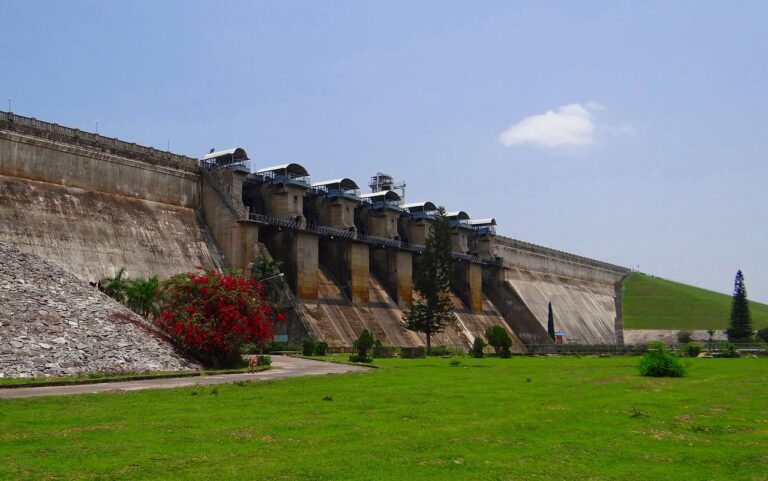Electoral Volatility: Causes and Consequences: 11xplay.com online, India 24 bet login, Skyinplay login
11xplay.com online, india 24 bet login, skyinplay login: Electoral volatility refers to the degree to which voting patterns change from one election to the next. In recent years, we have witnessed a significant increase in electoral volatility across many countries around the world. This phenomenon has important implications for the political landscape and governance of nations. In this article, we will explore the causes and consequences of electoral volatility.
What causes electoral volatility?
1. Economic uncertainty: Economic conditions play a significant role in shaping voter behavior. When economies are unstable or experiencing downturns, voters may become more willing to switch their support to different political parties in search of solutions to their economic woes.
2. Political scandals: Scandals involving political leaders or parties can erode public trust and lead to a surge in electoral volatility. Voters may punish the incumbent party by turning to alternative options in response to unethical behavior or corrupt practices.
3. Changing demographics: Shifting demographics, such as changes in population size, age composition, and diversity, can influence electoral volatility. Political parties must adapt to the evolving demographic landscape to maintain their voter base.
4. Rise of populist movements: The rise of populist movements in recent years has contributed to increased electoral volatility. Populist leaders often capitalize on anti-establishment sentiment and promise radical changes, attracting voters disillusioned with traditional political parties.
5. Media influence: The media plays a crucial role in shaping public opinion and influencing electoral outcomes. Biased reporting, fake news, and social media manipulation can sway voters and contribute to electoral volatility.
6. Globalization: Globalization has led to interconnected economies and societies, resulting in increased competition for resources and opportunities. This can fuel political polarization and drive electoral volatility as voters seek solutions to the challenges posed by globalization.
Consequences of electoral volatility
1. Instability: High levels of electoral volatility can lead to political instability, as frequent changes in government can hinder policy implementation and disrupt governance.
2. Polarization: Electoral volatility can deepen political divisions within society, as voters become more entrenched in their support for different political ideologies.
3. Policy uncertainty: Frequent changes in government can create uncertainty for businesses, investors, and citizens, impacting economic growth and development.
4. Weakening of democratic institutions: Electoral volatility can undermine the credibility of democratic institutions and erode public trust in the political system.
5. Rise of extremist movements: In some cases, electoral volatility can pave the way for the rise of extremist movements that capitalize on voter discontent and push for radical agendas.
6. Voter disillusionment: High electoral volatility can lead to voter disillusionment and apathy, as citizens become distrustful of political parties and disengaged from the democratic process.
In conclusion, electoral volatility is a complex phenomenon with far-reaching consequences for the political landscape. Understanding the causes and effects of electoral volatility is crucial for policymakers, political parties, and citizens to safeguard the stability and integrity of democratic societies.
FAQs
Q: Can electoral volatility be beneficial for democracy?
A: While some level of electoral volatility can signal a healthy democracy with a diverse range of political options, excessive volatility can undermine the functioning of democratic institutions.
Q: How can political parties adapt to electoral volatility?
A: Political parties must be responsive to changing voter preferences, engage with diverse demographics, and communicate clear policy proposals to retain support amidst electoral volatility.
Q: What role do social media and technology play in electoral volatility?
A: Social media and technology have amplified the spread of misinformation and polarizing rhetoric, contributing to electoral volatility by shaping public opinion and influencing voter behavior.







